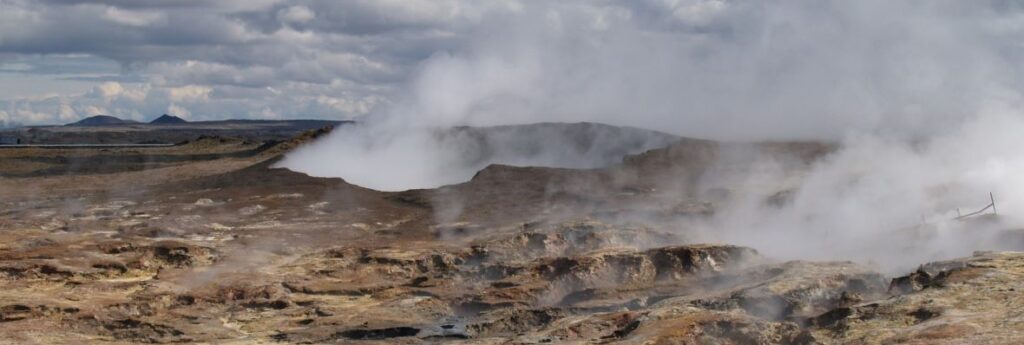A volcano in southwest Iceland began erupting Wednesday, just eight months after its last eruption officially ended. The eruption is near the Fagradalsfjall mountain, 32 km. southwest of the capital, Reykjavik, and not far from Keflavik Airport. The airport remained open and no flights were disrupted.
The geological activity follows days of small earthquakes in the area and a live video feed from the site shows molten lava spewing from a narrow fissure. An eruption in the same area last year – the first on Iceland’s Reykjanes Peninsula in almost 800 years – produced spectacular lava flows for several months.
Iceland is located above a volcanic hotspot in the North Atlantic and averages an eruption every four to five years.
The most disruptive in recent times was the 2010 eruption of the Eyjafjallajökull volcano, which sent clouds of ash and dust into the atmosphere, interrupting air travel for days between Europe and North America because of concerns the ash could damage jet engines. More than 100,000 flights were grounded, stranding millions of passengers.
Volcanologist Magnus Tumi Gudmundsson said that the current eruption appeared to be small and shares in Icelandair rose 6% when news broke Wednesday. Investors and residents alike had been spooked by the possibility of a much more disruptive eruption in a populated area of the peninsula.

